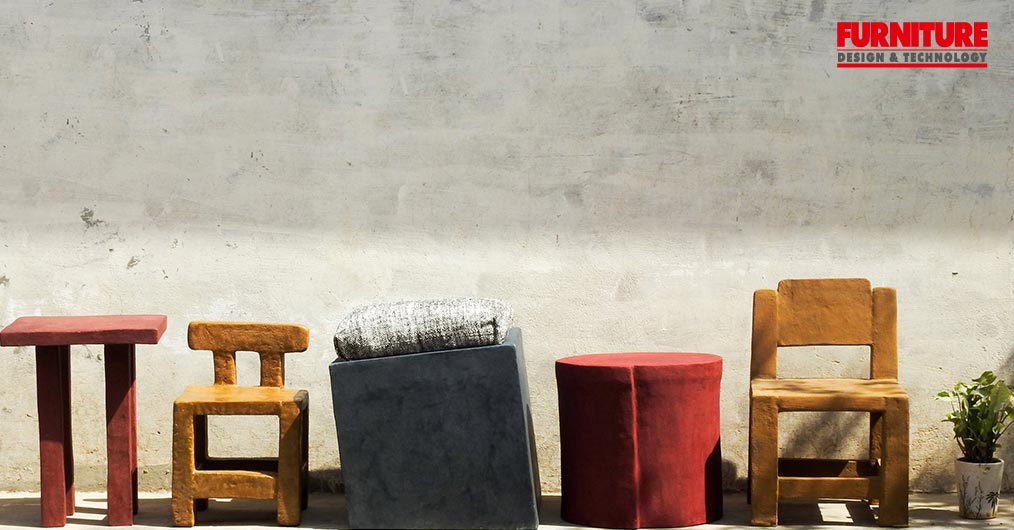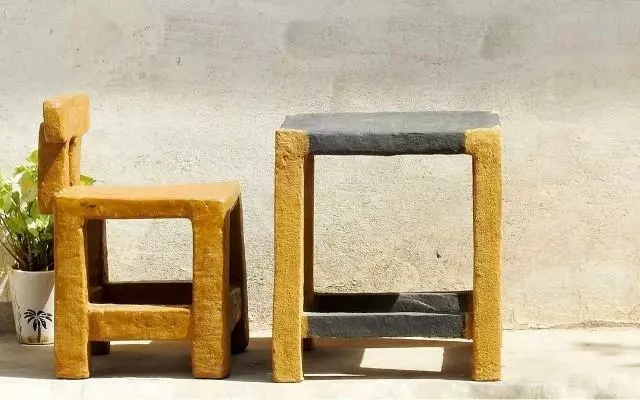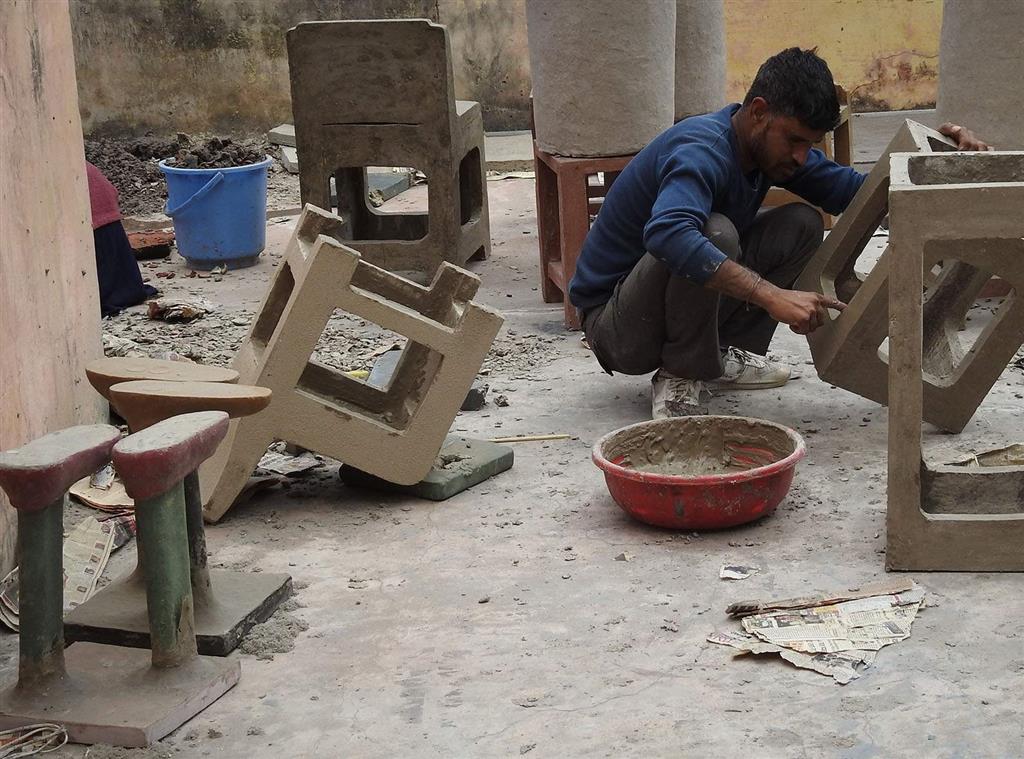
Since the Chinese first developed the technique of transforming wood pulp into paper sheets, this versatile material has captivated people worldwide. Paper’s utility ranges from packaging labels and currency to drawing pads. However, this process has both advantages and drawbacks. On the one hand, paper is indispensable for countless applications, while on the other, the production of paper leads to the annual felling of millions of trees, which takes decades to grow, only for the paper to be used briefly before being discarded. This raises concerns about finding sustainable solutions. While reducing paper usage is one approach, recycling is a partial solution. Recycled paper often contains dyes, glues and inks that make it less desirable and more costly compared to new paper. Reuse is another method; in India, for instance, street vendors wrap goods in old notebook pages and newspapers find new life as shelf liners or makeshift writing pads. Yet, these efforts alone aren't sufficient. This is where upcycling offers a promising alternative, exemplified by innovators like Spriha Chokhani. Know more about it on FURNITURE DESIGN AND TECHNOLOGY (FDT).

Based in Jaipur, Spriha is the founder of Pulp Factory, a design studio established in 2017 that focuses on creating products from waste paper. Her journey into upcycling began a decade ago while she was studying design. Assigned to work with various materials, she noticed that papier-mache, a material with potential, was largely overlooked. Intrigued, she began experimenting with it. Spriha’s dedication led her to develop a range of papier-mache furniture that is fully compostable. This furniture comes in six styles, each capable of supporting up to 100 kg, and is made from natural materials that are also water-resistant. Today, Pulp Factory offers a diverse range of products, including bags and pouches made from paper textiles.
Originally from Assam, Spriha moved to Bengaluru to study Product Design at the Srishti Institute of Art, Design and Technology. Her experience with paper products began with a diploma project and evolved through various experiments with natural adhesives. After encountering health issues due to chemical adhesives, she sought out safer alternatives like corn starch and tapioca glue, eventually developing an odor-free natural glue.
Spriha’s vision for Pulp Factory, which she initially conceived in 2010, materialized in 2012 when she presented her products at an exhibition. By 2014, her work was showcased at India Design Week in Delhi. In 2017, she relocated to Jaipur and, along with her cousin Bharat Chokhani, officially registered Pulp Factory. The studio operates from a small bungalow in Jaipur, where a dedicated team works with paper pulp sourced from local recyclers. Each piece of furniture is crafted from 5kg to 8kg of waste paper and requires approximately 25 days to complete. Even the packaging is sustainable, using agricultural waste for cushioning.

Despite facing challenges, particularly as a woman entrepreneur, Spriha remains optimistic. She views Pulp Factory as a one-woman operation, handling everything from material sourcing to product creation and marketing. She intentionally avoids mass production to maintain the uniqueness of her handcrafted items, therefore, each piece of furniture is made to order and limited to ten pieces, reflecting the functional art category. Depending on the design and weather conditions, crafting each piece takes about a month to a month-and-a-half. She encourages other small business owners to be patient and persistent. Looking ahead, she plans to expand her product range and collaborate with schools to promote sustainable living. For Spriha, sustainability represents a fundamental way of life, not just a trend, ensuring that nothing goes to waste.
Image credit: Pulp Factory
Furniture Design India and the magazine FURNITURE DESIGN & TECHNOLOGY (FDT magazine) are from the trusted 22-year-old media house of SURFACES REPORTER and PLY REPORTER.
FDT is a B2B monthly bilingual magazine from India that shares the pulse of the furniture business in India and connects the manufacturers, OEMS, product designers, architects, showrooms, designers and dealers.
Read More© 2026 Furniture Design and Technologies.. All Rights Reserved. Developed by eyeQ Advertising